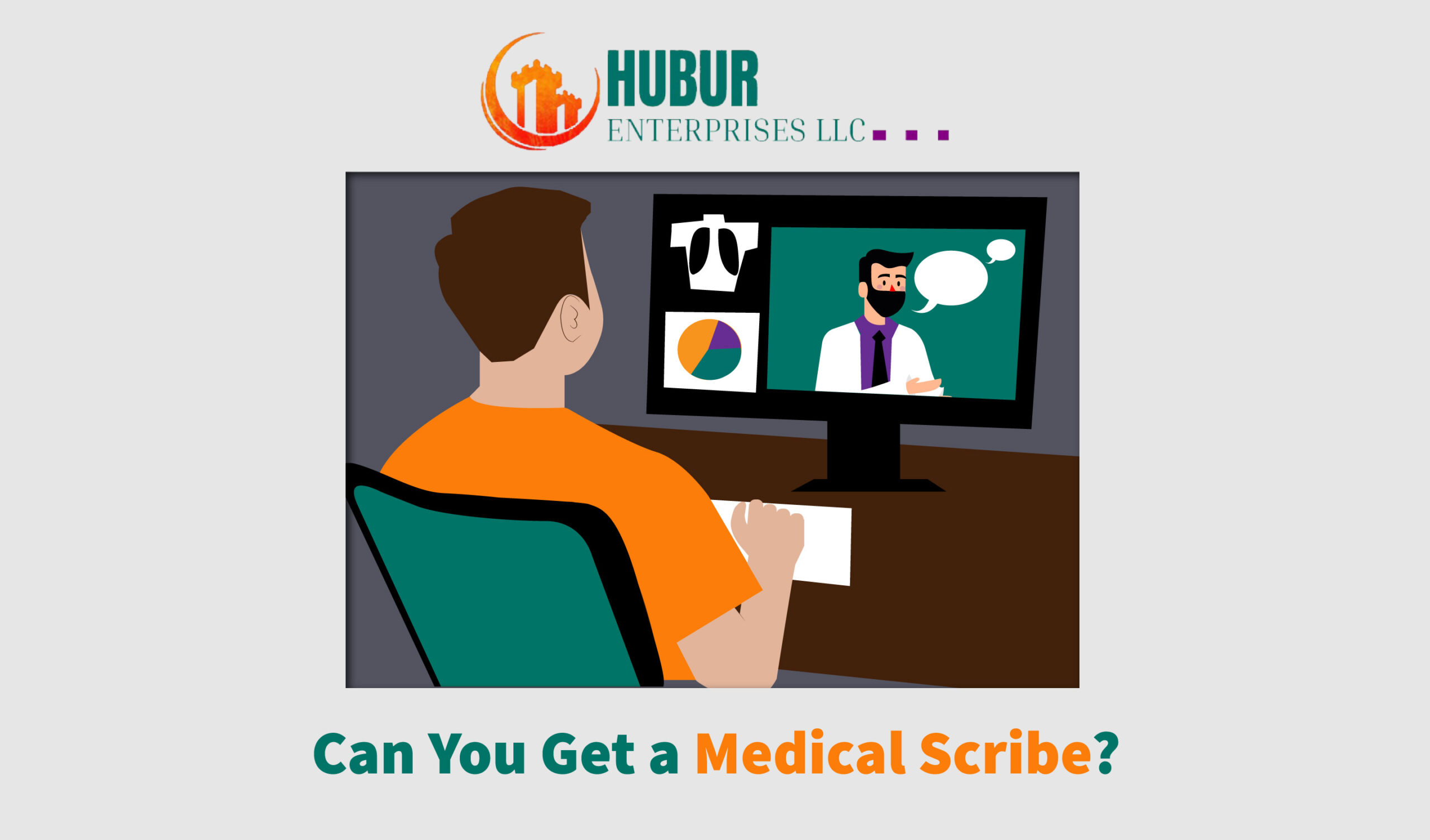
Can You Get a Medical Scribe?
When you're navigating the fast-paced environment of healthcare, you might wonder, Can you get a medical scribe? The answer is yes, and the benefits are substantial
When you’re navigating the fast-paced environment of healthcare, you might wonder, Can you get a medical scribe? The answer is yes, and the benefits are substantial. Click here to gain insight into our Virtual Medical Scribe service offered by Hubur Enterprises LLC.
Can You Get a Medical Scribe? Exploring the Role and Benefits
At Hubur Enterprises LLC, we understand the importance of streamlining clinical workflows, and that’s where our virtual medical scribe service comes in. Whether you’re looking for an ER scribe, an outpatient scribe, or even a psychiatrist scribe, we have the expertise to meet your needs.
What Does a Scribe Do at a Hospital?
A medical scribe, sometimes referred to as an ER scribe or outpatient scribe, plays a crucial role in clinical documentation. -Essentially, Clinical documentation of a patient’s visit is known as the medical record or patient’s chart. This includes recording the physician’s observations, patient history, and the procedures performed, all within the electronic medical record (EMR) system. This frees up the physician’s time, allowing them to focus more on patient care.
What Is a Scribe in a Hospital?
So, what is a scribe in a hospital? A scribe is not just a note-taker; they are a vital part of the healthcare team. They work closely with physicians to ensure that every detail of a patient’s visit is accurately recorded. The role of a hospital scribe includes entering data into scribe EMR systems, assisting with clinical documentation, and ensuring that the documentation meets the required standards.
At Hubur Enterprises LLC, our scribeMD professionals ensure that the documentation is thorough and accurate, Whether it’s in an EMR system or through telescribe scribeamerica services.
The Virtual Scribe Option
Hubur Enterprises LLC offers Virtual Medical Scribe. How scribe works is quite fascinating: they shadow the physician, documenting the visit, orders, and other vital information. This reduces the administrative burden on healthcare providers, improving both efficiency and job satisfaction. In fact, the role of a medical scribe often overlaps with that of a medical assistant, though there are key differences that make the scribe an essential part of the medical team.
At Hubur Enterprises LLC, we ensure our scribes are not only proficient in medical scribe practice but are also familiar with the latest in scribing technology, including scribe emr systems.
Essential Scribe Skills and Training
You might be wondering about the skills needed to be a medical scribe. Medical scribes need to be proficient in medical terminology, possess strong typing skills, and be familiar with EMR systems. Whether working as a psychiatrist scribe or in a more general role, the ability to quickly and accurately document patient visits is critical.
Scribe vs. Medical Assistant
A common question is the difference between a scribe and a medical assistant. While both roles are integral to healthcare, they serve different functions. A scribe focuses on documentation, whereas a medical assistant may perform clinical tasks such as taking vitals, drawing blood, or preparing patients for examination. By knowing and understanding this difference you can decide whether a scribe is the right fit for your work or a medical assistant.
The Final Word
So, can you get a medical scribe? Absolutely. Whether you need an essential scribe for ED medical scribe duties or someone specialized like a psychiatrist scribe, Hubur Enterprises LLC has got you covered. Our scribes are trained in clinical documentation of a patient’s visit, making them an invaluable asset to any healthcare setting.
Contact Us
Ready to enhance your practice with a scribe assistant? Book an appointment now with Hubur Enterprises LLC and let us help you find the perfect fit for your needs.
Frequently Asked Questions
Can you get medical scribe for any healthcare setting?
Yes, you can get a medical scribe for various healthcare settings, including emergency departments, outpatient clinics, and psychiatric practices.
What does a scribe do at the hospital?
A scribe in a hospital setting is responsible for the clinical documentation of a patient’s visit. They work closely with physicians to record patient encounters, manage medical records, and assist with other administrative tasks.
How does scribe work in an emergency room?
An ER scribe shadows the physician throughout the patient’s visit, documenting the medical history, exam findings, test results, and treatment plans in real-time. This ensures accurate and complete records while allowing the physician to attend to more patients efficiently.
What is a virtual scribe?
A virtual scribe works remotely to provide the same documentation support as an on-site scribe. Using secure technology, they can assist in recording patient encounters, updating EMRs, and managing other documentation tasks from a remote location.
How does a scribe differ from a medical assistant?
A medical scribe primarily handles the documentation and recording of patient information, while a medical assistant may perform a wider range of clinical and administrative tasks, including taking vitals and preparing patients for examination.
What are the scribes responsible for?
Scribes are responsible for creating accurate and detailed medical records. They document the patient’s history, physician’s findings, treatment plans, and follow-up instructions, ensuring that all information is correctly recorded in the emr or patient chart.
Is telescribe scribeamerica the same as a virtual scribe?
Telescribe scribeamerica is a service that provides virtual scribing solutions, where scribes work remotely but are still fully integrated into the healthcare provider’s workflow, similar to other virtual scribe services.
What skills are essential for a medical scribe?
Essential medical scribe skills include fast and accurate typing, strong understanding of medical terminology, familiarity with EMR systems, and excellent communication abilities. These skills ensure that the scribe can effectively support the healthcare team.



